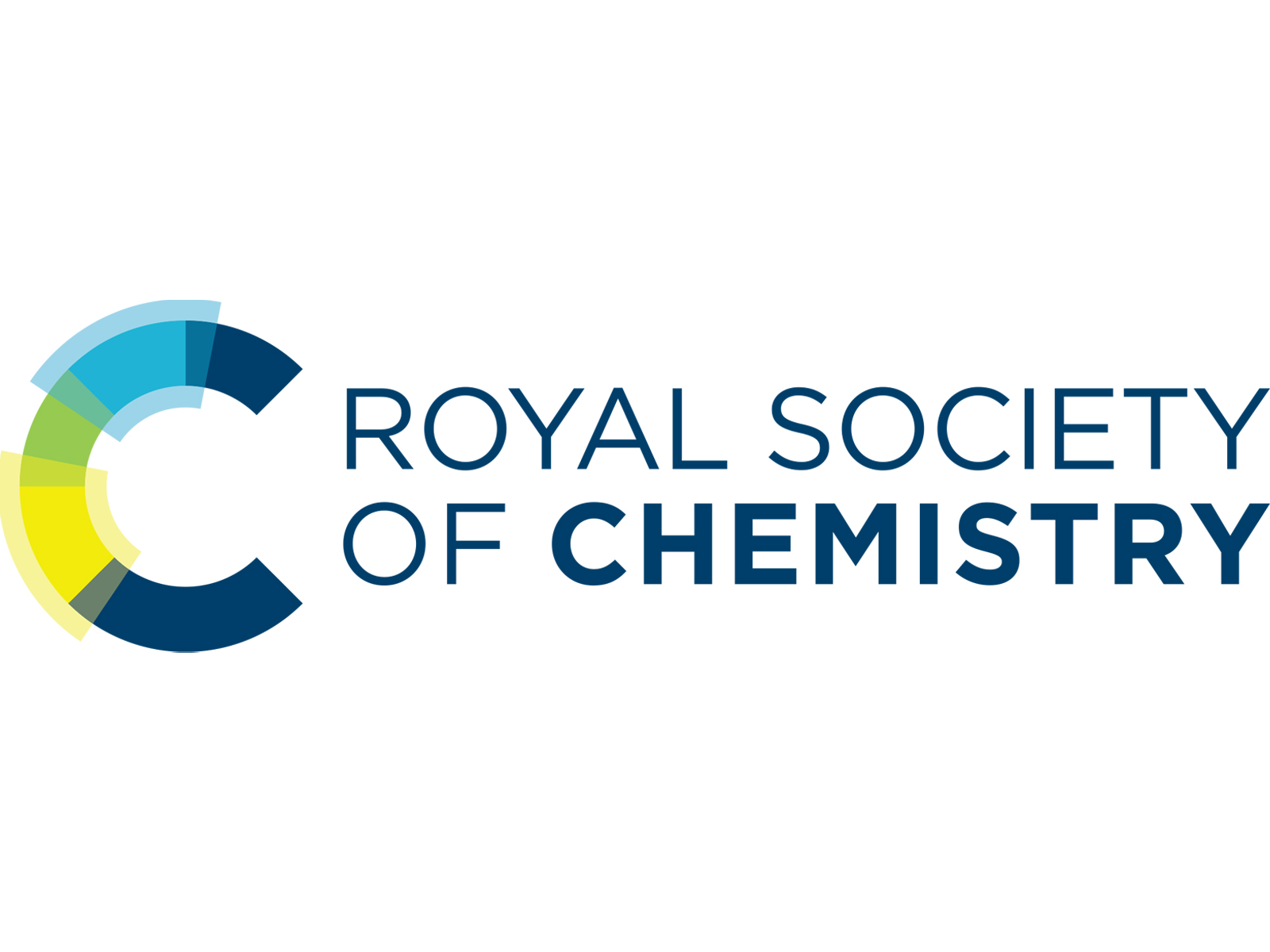Environmental Science: Advances
An open access journal publishing across the breadth of environmental research.
Editor-in-chief: Zongwei Cai, Hong Kong Baptist University, Hong Kong, China
Editor-in-chief: Kevin Jones, Lancaster University, UK
Editor-in-chief: Célia M. Manaia, Universidade Católica Portuguesa, Portugal
Hot topics for research:
- Biosciences
- Engineering
- Ecology
- Hydrology
- Soil science
- Geoscience
- Atmospheric science & climate science
- Agricultural science
- and much more
Readership: Our readership is truly interdisciplinary, encompassing researchers throughout the wider environmental science community. We welcome readers from any field related to the environmental sciences, global environmental change, and sustainability science.
Environmental Science: Atmospheres
Interdisciplinary open access journal advancing the understanding of atmospheric science and related challenges.
Editor-in-chief: Neil Donahue, Carnegie Mellon University, USA
Hot topics for research:
- Gas-phase radical chemistry
- Aerosol chemistry
- Aqueous chemistry
- Chemical transport modelling
- Quantum chemistry
- Remote sensing
- Atmosphere exchange
- Indoor air
Readership: Our readership is interdisciplinary including researchers throughout the wider environmental science and climate change communities, appealing to both those working in fundamental and applied
Environmental Science: Nano
The premier journal dedicated to nano aspects of environmental science and sustainability.
Editor-in-Chief: Peter Vikesland, Virginia Tech, USA
Hot topics for research:
- Novel nanomaterial-based applications for water, air, soil, food, and energy sustainability
- Nanomaterial interactions with biological systems and nanotoxicology
- Environmental fate, reactivity, and transformations of nanoscale materials
- Nanoscale processes in the environment
- Sustainable nanotechnology including rational nanomaterial design, life cycle assessment, risk/benefit analysis
Readership: Academics, industrial and government researchers, engineers, manufacturers and legislators interested in the effects and consequences of nanotechnologies on environmental and
human health.
Environmental Science: Processes & Impacts
A multidisciplinary journal for the environmental chemical sciences, focusing on the natural environment.
Editor-in-Chief: Elsie Sunderland, Harvard University, USA
Hot topics for research:
- Source, transport and fate of compounds and contaminants
- Atmospheric and climate science
- Soil and aquatic science
- Biogeochemical cycles
- Exposure and biological impacts
Readership: Industrial and academic scientists and professionals involved with assessing environmental and biological impacts; measurement and analytical scientists; legislators; government bodies; national and international environmental agencies; health and safety experts; toxicologists; industrial and occupational health professionals; medical and clinical researchers; technology and instrumentation experts.
Environmental Science: Water Research & Technology
The home for high quality research about fundamental science, innovative technologies, and management practices that promote sustainable water.
Editor-in-Chief: Graham Gagnon, Dalhousie University, Canada
Hot topics for research:
- Chemical and microbial contaminants
- Distribution and collection
- Potable reuse
- Sustainability analysis and design
- Wastewater treatment and resource recovery
- Water technologies
- Water, sanitation and hygiene (WASH)
- Water-energy nexus
Readership: Scientists, engineers, policy makers, individuals working in the water associated industries and the general public.
Dedicated to supporting the next generation of Environmental Scientists & Engineers
We are committed to supporting researchers in the early stages of their independent careers through our Emerging Investigator Series, which provides a highly-visible platform for up-and-coming scientists to showcase their best work to a broad audience. Our Emerging Investigator Series is recognised by the environmental science community as a great achievement for early career researchers.
To be eligible for our Emerging Investigator Series you will need to have completed your PhD (or equivalent degree) within the last 10 years*, have an independent career and appear as the corresponding author on the manuscript.
Find out more about the Emerging Investigator Series for each of the journals using the links below:
*Appropriate consideration will be given to those who have taken a career break or followed a different study path

